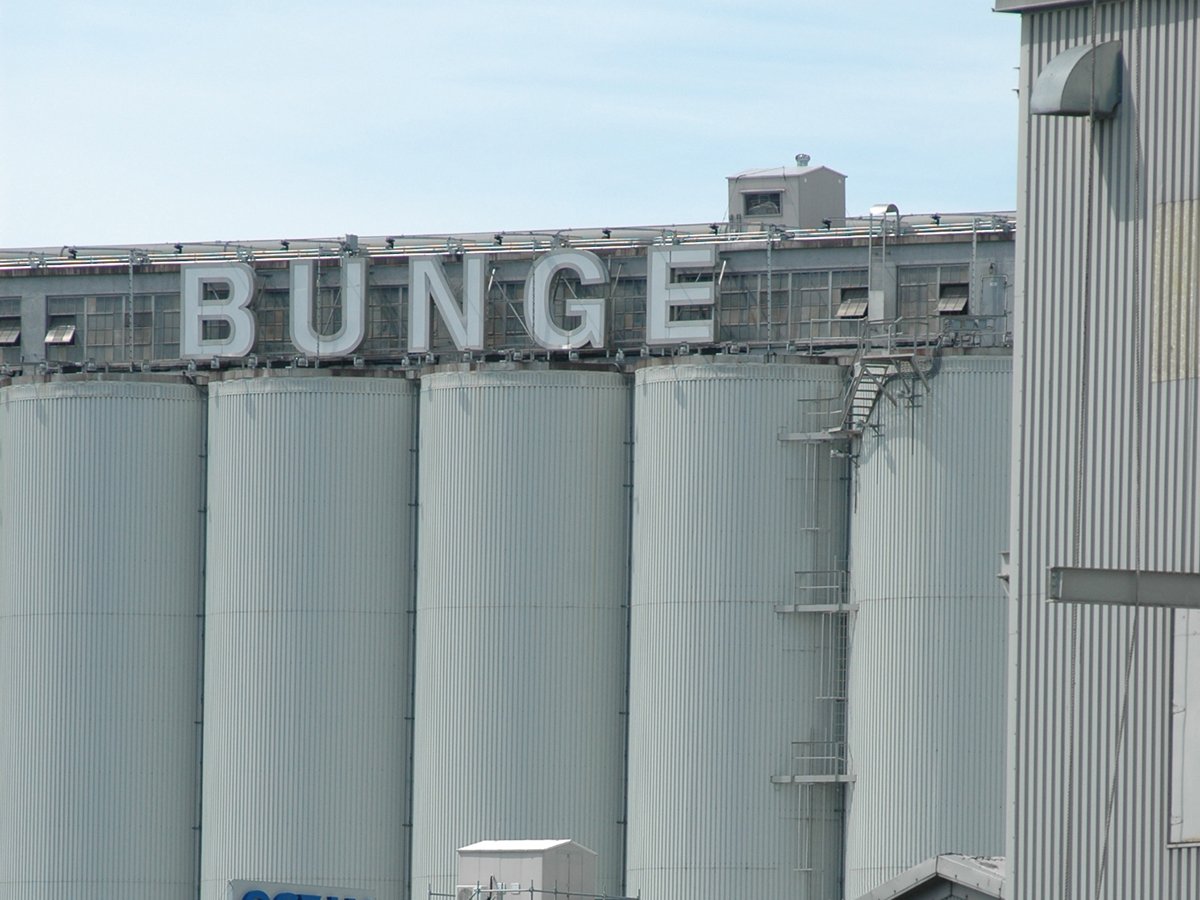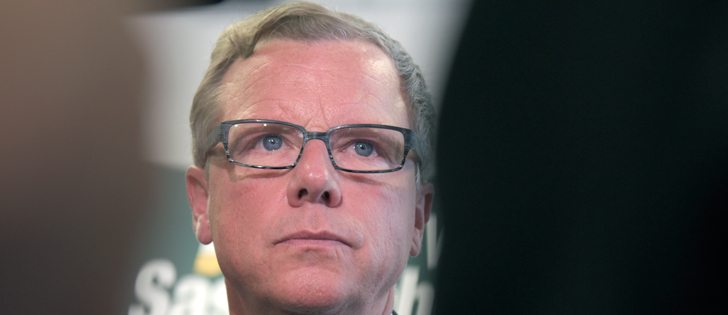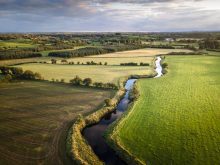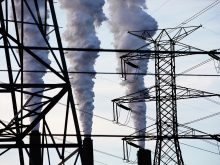Brad Wall is opposed to the federal proposal, saying it hurts sectors like agriculture, mining and oil and gas
Saskatchewan premier Brad Wall has said the province’s climate change proposal won’t contain carbon tax exemptions for farmers.
That’s OK with the president of the Agricultural Producers Association of Saskatchewan, as long as the plan offers relief in some other way.
Norm Hall said provincial greenhouse gas mitigation legislation, passed in 2010 but never proclaimed, included carbon offsets for some emitters.
“There weren’t exemptions for farmers at that point, but there were carbon credits that could be earned,” Hall said before the Oct. 18 release of the province’s white paper.
Read Also

Bunge’s crop mix is changing
Bunge has predominantly been a soybean processing firm, but that’s about to change after the merger with Viterra with softseed processing and grain merchandising gaining ground.
“So as long as that’s what he’s planning, then I have no issue with not having exemptions.”
Wall was expected to release the document at a Regina Chamber of Commerce meting after Western Producer deadlines.
Details are available at www.producer.com.
However, the premier earlier told reporters he wasn’t planning exemptions because he was fighting against the tax in the first place.
Prime Minister Justin Trudeau announced earlier this month that provinces had until Jan. 1, 2018, to develop and implement a carbon tax or cap-and-trade system or Ottawa would impose one. The floor price would be $10 per tonne of carbon, rising to $50 by 2022, and the money would stay in the provinces.
Wall has emerged among premiers as the most vociferous opponent of the federal announcement and is seeking advice as to the legality and constitutionality of the plan.
He has said there is no point in taking taxes from farmers and returning them through income tax reductions or other tax breaks.
“What is the point?” he said.
“Is this about changing behaviour or not? Is he going to burn any less fuel?”
Alberta and British Columbia offer carbon tax exemptions on fuel used on farms.
Wall also said income tax breaks won’t work if jobs are lost in carbon-intense sectors such as agriculture, mining, oil and gas, and manufacturing.
He suggested there are three ways to fight climate change:
- adapt to the climate change that is occurring
- reduce domestic emissions
- help other countries reduce emissions
For example, he cites Saskatchewan’s $1.3 billion clean coal and carbon capture project at Boundary Dam.
He said coal and fossil fuel will continue to be used as the world transitions to renewable energy sources.
“We need to clean those up to meet targets,” he said.
“There’s 2,000 coal plants being built, according to the Paris accord documents, around the world.”
Wall said technological investments and increasing use of renewable energy will fight climate change more than a carbon tax.
















